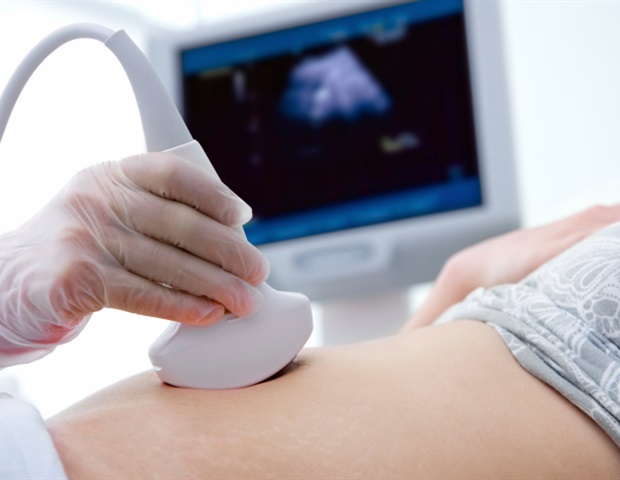Patients insured by Medicaid are less likely to get prenatal diagnosis of heart defects than those with private insurance, and this disparity can be partly attributed to lower rates of 20-week ultrasound in pregnant people with public insurance, according to a study led by Ann & Robert H. Lurie Children's Hospital of Chicago in collaboration with Advocate Christ Children's Hospital. The study was published in the journal Prenatal Diagnosis .
The 20-week ultrasound is hugely important in detecting birth defects because it involves assessment of the baby's major organs. All pregnant people must know that this test should not be missed. It is a routine part of prenatal care that is covered by Medicaid, but patients can still experience barriers to getting this test, such as inability to take time off work.
Our study suggests that one way to increase rates of prenatal diagnosis of heart defects and mitigate insurance-related disparities, is to increase utilization of 20-week ultrasound." Joyce Woo, MD, MS, lead author, pediatric cardiologist at Lurie Children's and Assistant Professor of Pediatrics and Medical Social Sciences at Northwestern University Feinberg School of Medicine Dr. Woo's research program focuses on ways to improve prenatal diagnosis, so that children with congenital heart defects (CHD) can receive the best care possible, starting from the moment they are born.
In a previous study, her team found that prenatal diagnosis of CHD – the most common birth defects i.


















